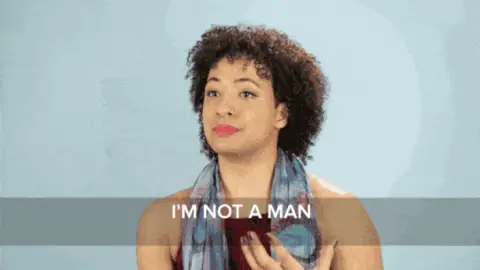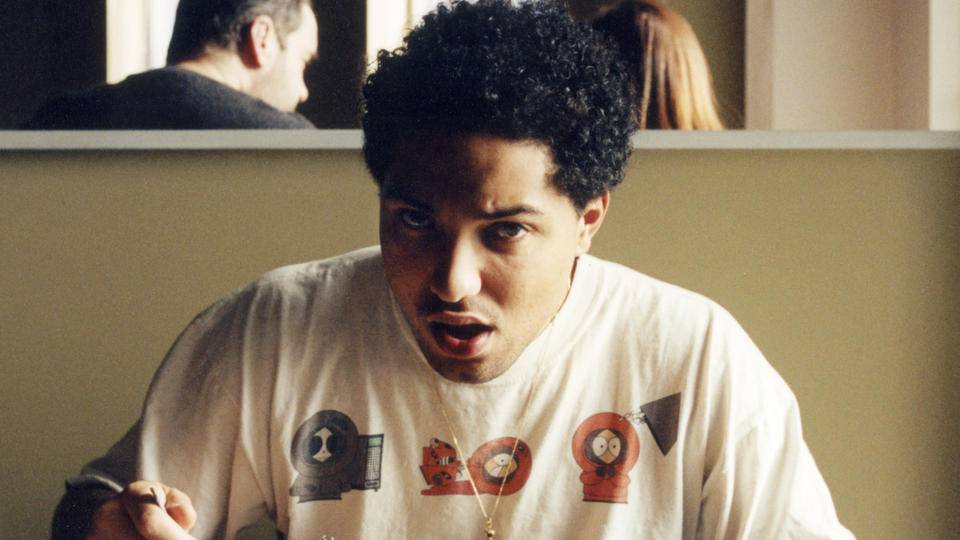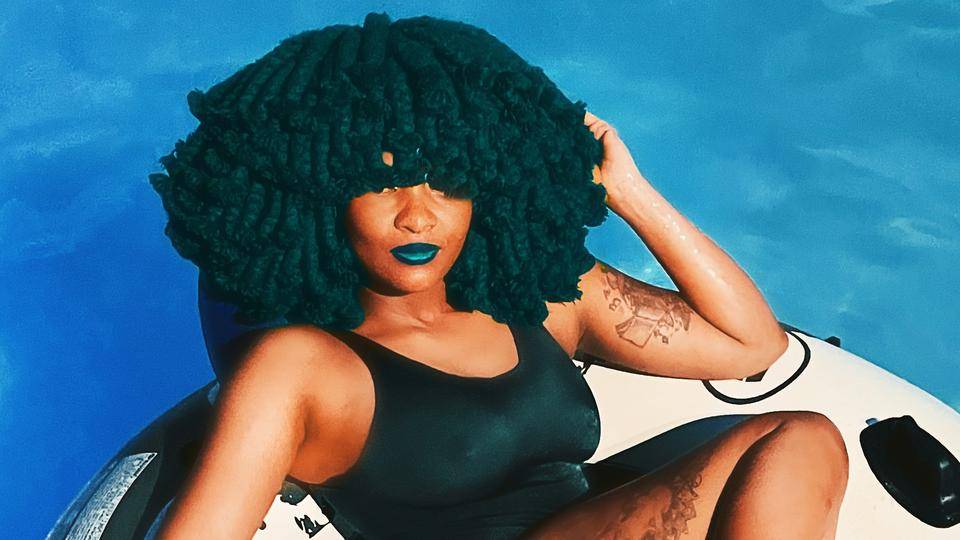Questions You've Always Wanted To Ask Someone Non-binary

In our society a binary system of gender is seen as the norm. It's pretty much drilled into most of us from birth that there are only two possible genders: male or female. You're either one or the other.
'Here's why we need to talk about gender pronouns...'
'
'
BUT gender isn't that black and white, it's a spectrum, andeveryone's gender identity is entirely personal. People who are non-binary don't conform to the male vs female system because they don't feel that they're either one or the other.
It isn'tthe simplest of topics, so to clear up any confusionwe decided to askMerrow, who indentifies as non-binary, to give us the low-down on what gender means to them, and where peopletripup when talking about non-binary people.
What's the difference between being agender and non-binary?
Non-binary is an umbrella termused to describe any gender that isn’t binary male or female, and can span from people with no gender to people who are a mix of male and female. Agender is a specific term for people who don’t have a gender, feel like they don’t experience gender, or have a neutral gender.
How would you describe your gender?
I’d describe my gender as having a fixed point of being non-binary, whilst also switching between feeling more feminine or masculine. Kind of like a pendulum on a clock.
Have you always known you were non-binary?
I think I’ve always known I was non-binary.I never felt like a girl or a boy when Iwas called one, though I didn’t have the words to describeit before I was 16. It took me a long time and a lot of searching before I found language I felt accurately described me -around two years. But as soon as I found the language to describe non-binary people, I felt like I had found who Itruly was.
How did you feel being labelled as one particular gender growing up?
I was confused, mostly. I was lucky enough that when I was really young, my mum didn’t enforce a particular gender on me. However once I started school, I was so confused as to why we had to choose between one gender or another, or be male or female at all.
How do you choose to present and express yourself outwardly?
I choose to wear clothes that make me feel comfortable and cute! I personally don’t think clothes have a gender, and so I just wear what I like.
Which public toilets do you use when there aren’t gender-neutral toilets? What otherday-to-day inconveniences do you have to deal with?
If there aren’t any gender-neutral toilets I tend to just use the toilet I feel most comfortable with on the day. There are lots of inconveniences I have to deal with living in a gendered world. I don’t think I could list them all. To name a few,people assuming I am either male or female and being told to use Mr or Miss (hate that one!)
What do you think is the most common misconception about non-binary people?
The most common misconception I have come across is that all non-binary people were assigned female at birth. People often tend to forget that no matter the gender you were assigned at birth, you can still realise that you are non-binary.
What pronoun do you use, and is it ever difficult to get people around you to use it?
I use they/them pronouns.The people closest to me alluse they/them pretty easily. People that I meet in day-to-day life sometimes refuse to use my pronouns or don’t understand it.
Why are pronouns, and respecting them, important?
Respecting people’s pronouns is important because it’s how we use words to express who we are inside. To disrespect a person's pronounsis to disrespect who they are as a person.
Has anyone ever refused to use your pronoun? If so, how did it make you feel?
Yes, I have had issues with people who refused to use they/them as my pronouns. I felt hurt, but mostly I just felt angry that someone thought they had the right to disrespect me in such a hateful way. In one case, when me and my pronouns were beingrepeatedly misgendered and insulted, it started to affect my mental health and wellbeing negatively.
What’s your advice to someone who’s feeling at odds with their birth gender?
My advice would be to explore the possibilities of gender, whether that means that you talk to people you know orpeople online, contact helplines or do some independent research on different genders. Take time to discover yourself and your gender. However long it may take, and however many times you change your label, it will be ok. You will find yourself in the end. Life is far too short to not be who you truly are.
'If you're experiencing gender dysphoria check outMermaids, which is aimed atyoung people experiencing gender nonconformityand their families, for details on how to get more support.'
'
'





